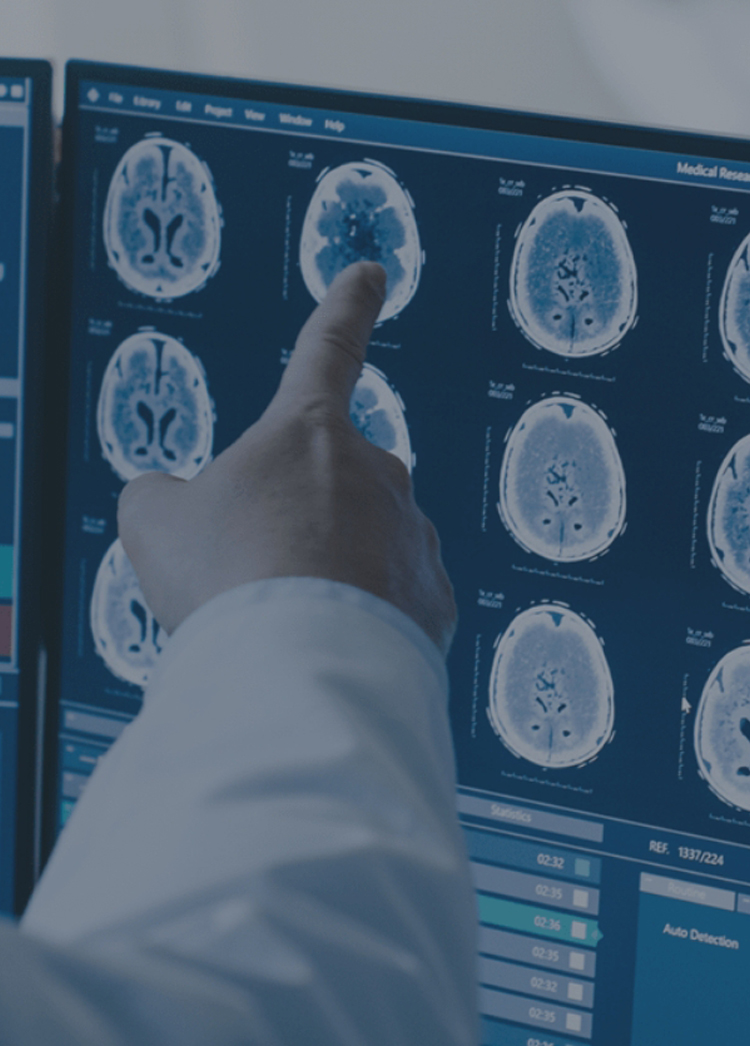In recent years, the healthcare industry has witnessed a remarkable evolution, with technology playing a pivotal role in reshaping the way patient care is delivered. The concept of eICU, short for electronic Intensive Care Unit, has emerged as a game-changer, offering new possibilities for providing critical care. This digital innovation has made headlines and continues to shape the healthcare landscape as it addresses contemporary challenges, such as the recent COVID-19 pandemic, by enhancing patient care and improving resource allocation.
eICU is a telemedicine system that connects off-site critical care specialists with patients in remote or understaffed hospitals, enabling real-time monitoring and intervention. This technology has gained significant attention during the pandemic, as it allowed experts to remotely monitor and consult on patients’ conditions, reducing the strain on overwhelmed healthcare facilities. By leveraging eICU, healthcare providers could efficiently allocate their resources and expertise, thereby improving patient outcomes.
This technology doesn’t only benefit critical care units; it also caters to rural and underserved communities. As healthcare disparities have been brought to the forefront during the pandemic, eICU has emerged as a solution to bridge the gap. By enabling remote consultations and expert guidance, eICU facilitates access to high-quality care for patients who might not have otherwise received it.
eICU also incorporates cutting-edge artificial intelligence (AI) and data analytics, further enhancing its capabilities. By processing vast amounts of patient data, it can predict deteriorating conditions and suggest interventions in advance, ultimately saving lives and resources. The intersection of AI and telemedicine has the potential to revolutionize patient care, particularly in critical situations.
In conclusion, eICU is not just a buzzword; it is the future of critical care in healthcare. With its real-time monitoring, remote expertise, and AI-driven insights, it has proven its mettle in the face of the COVID-19 pandemic and continues to redefine the way we deliver healthcare. As the world grapples with ongoing health challenges, eICU stands as a testament to the power of technology in improving patient outcomes and ensuring equitable access to quality care. Its relevance in current events cannot be overstated, and its influence is only expected to grow in the years to come.
(This blog entry was aided by non-human intel.)





